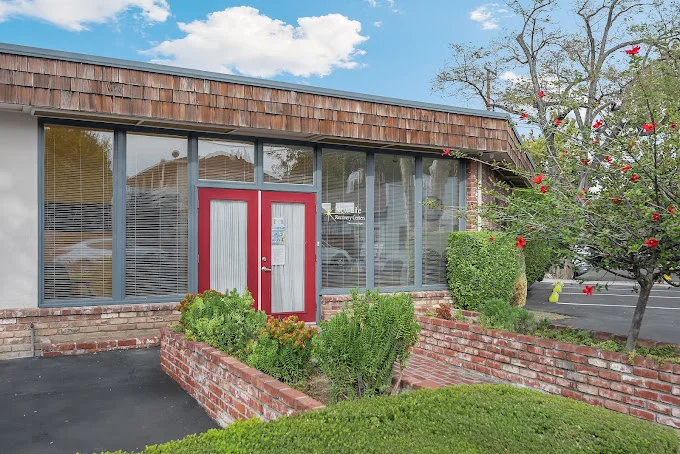New Life Recovery Centers Information
Treatment
Who We Treat
- Male and Female
Treatment Focus
- Alcohol
- Co-Occurring Disorders
- Drug Addiction
- Family Involvement
- Prescription Drugs
Approaches
- 12-Step-Based
- Individual Treatment
- Evidence-Based
- Strengths-Based
- Twelve Step
- Family Therapy
- Family Involvement
- Holistic
- Cognitive Behavioral Therapy (CBT)
- 1-on-1 Counseling
- Art Therapy
- Meditation & Mindfulness
- Medication-Assisted Treatment (MAT)
- Life Skills Training
Conditions We Treat
- Depression
- Anxiety
- Burnout
- Trauma
- Codependency
- Stress
- Co-Occurring Disorders
Substances We Treat
- Alcohol
- Benzodiazepines
- Chronic Relapse
- Heroin
- Prescription Drugs
- Cocaine
- MDMA/Ecstasy
- Ecstasy
- Psychedelics
Languages
- English
Aftercare
- Intensive Outpatient Program
- Outpatient Treatment
- Recovery Coach
- Drug Screening
- Follow-up Sessions (online)
- Housing Services
- Housing Support
- Support Meetings
- Return Visits
- Fitness Sessions
Level of Care
- Outpatient
- Intensive Outpatient Program (IOP)
- Day Treatment
- Outpatient Detox
- Detox
- Residential Rehab
- Co-Occurring Mental Health
Experience
Special Considerations
- Flexible technology policies
- Gender-specific groups
- Other Dietary Needs
- vegetarian
- Gluten-Free
- Halal
- Kosher
Accreditations
-
LegitScript
LegitScript certification is awarded to programs and services that successfully complete a stringent application process initiated in 2018. This process ensures eligibility for credible providers offering mental health and co-occurring substance abuse treatment within Google's network while complying with HIPAA privacy laws.

-
Commission on Accreditation of Rehabilitation Facilities (CARF)
CARF accreditation is a prestigious recognition granted to rehabilitation and human service organizations. It signifies that an organization meets high-quality standards, having undergone a rigorous evaluation process. CARF accreditation boosts an organization's credibility and ensures top-notch care for individuals with disabilities, injuries, or healthcare needs.

Additional Locations
Find the best treatment options. Call our free and confidential helpline today!
















